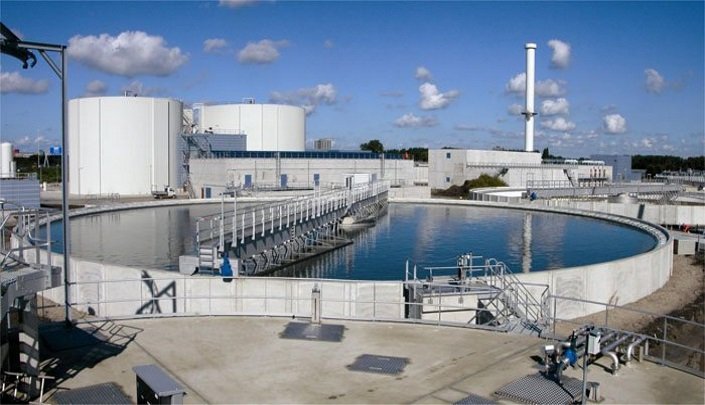

Bangalore is one of the fastest growing cities in the world, and has become a poster child for the problems confronting urban India. Fast and often unplanned modernization has led to emphasized urban infrastructure and lack of basic service delivery. While this pattern of modernization brings many challenges, wastewater, or sewage management remains one of the most critical yet abandoned areas. As in many Indian cities, Bangalore’s urban wastewater management systems presents a grim picture with severe infrastructure gaps along the value chain with financially strained municipal service providers being unable to meet increasing service demand.
Improper and inadequate wastewater management is pervasive with regular incidences of release of untreated wastewater and effluents into rivers and lakes polluting these ecosystems. The “flaming” Bellandur Lake, and dead fish at Ulsoor Lake are notable examples of the decaying of these natural ecosystems. Moreover, these polluted waters grow the risk of water borne diseases in nearest regions.
While the impacts of improper wastewater management are visible, a co-related lack of data makes it difficult to explain the gaps in Bangalore’s wastewater infrastructure and services are. Moreover, social expenses and other weak areas due to water pollution also remain unfavorable to ascertain at a city scale.
Bangalore’s determined development has resulted to a consistent growth in its demand for fresh water; and coincidentally, the volumes of wastewater produced have also grown. However, wastewater can be a precious resource as it contains a group of nutrients and resources which – if retrieved– can offer several economic returns. Moreover, water recovered from wastewater treatment can be replaced for fresh water in industries and commercial spaces lowering removals from fresh water sources.
Conventional systems continue to see wastewater management as a financial burden rather than an opportunity to generate new revenue streams. This is now changing; but to find comprehensive and sustainable solutions to address the rising demand for water, rethinking current approaches on urban wastewater is required.
A beginning point could be to consider at wastewater treatment not as an expensive cost centre, but as a affordable method to redefine existing resources. It could open up the possibility to find innovative solutions that recover various resources to encouraged wastewater treatment and help to reduce excessive expenses, raise material efficiency, and lower the carbon footprint. Wastewater offers a range of probabilities for reuse and recovery of resources. The graph below exemplified reuse probabilities of liquid component of treated wastewater and also the potential of treated fecal and wastewater sludge as cooking gas or fuel for industries, manure, or biodiesel for transportation.
In spite of these global examples, initiatives in Bangalore and in other cities in India are still very less. But With rising demand on the availability of water and other resources, resource recovery and indirect economy practices in the wastewater sector can be critical to make urban areas sustainable. We at Genex are compiling management operations of a few cities in India who are leaders in the wastewater sector and have already executed systems for energy recovery and fertilizers enabling them to at the same time meet treatment criteria and produce revenue.
























